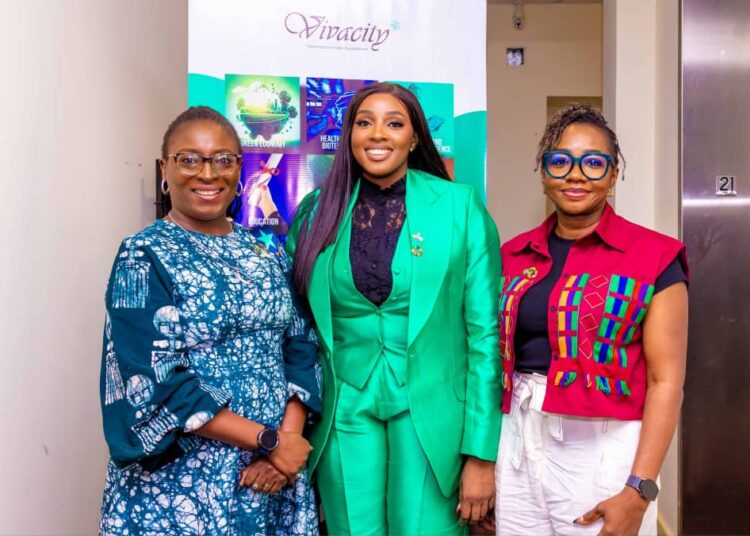At a crucial side event during the United Nations General Assembly (UNGA), global leaders and policymakers gathered to discuss the future of work, particularly as the global workforce faces rapid changes.
Organised by Vivacity Development, the event brought attention to the projected loss of 30 million jobs by 2030 and the essential role of preparing the workforce for these dramatic shifts, especially in developing countries like Nigeria.
Oluwakemi Ann-Areola Melody, the event’s convener and a prominent advocate for youth empowerment, underscored the urgency of equipping Nigerian youth with the necessary skills to remain competitive on the global stage. She stressed the importance of continuous upskilling, urging nations to invest in their workforce to ensure future success.
Mr. Tunbosun Alake, Lagos State’s Commissioner for Innovation, Science & Technology, highlighted the critical role of innovation and technology in shaping the future workforce. He called for the implementation of sustainable, intelligent systems to enhance productivity and manage economic shifts, advocating for a future driven by tech-powered, measurable goals.
Dr. Oreoluwa Finnih, Special Adviser to the Lagos State Governor on Sustainable Development Goals (SDGs), emphasized the importance of collaboration among stakeholders. She pointed out that governments, the private sector, and international organizations must work together to address workforce challenges through joint efforts in upskilling, policy development, and investment in an inclusive future workforce.
Audu Maikori, co-founder of Chocolate City Group, acknowledged the potential of Nigeria’s growing creative and tech sectors as major drivers of economic growth. However, he cautioned that the population needs to be equipped with the right skills to harness these opportunities fully. His emphasis on human capital development and economic empowerment resonated strongly with attendees.
Titilayo Oshodi, Lagos State’s Special Adviser on Climate Change and Circular Economy, focused on the importance of public education regarding the green economy. She explained the need to equip citizens with knowledge about sustainable practices and their financial and environmental benefits. “We must ensure that people understand how green policies translate into economic opportunities,” she noted.
The event ended with a clear call to action, stressing innovation, collaboration, and proactive measures to prepare developing nations like Nigeria for the future of work. The message was unequivocal: while the future holds immense potential, the time to prepare is now.





